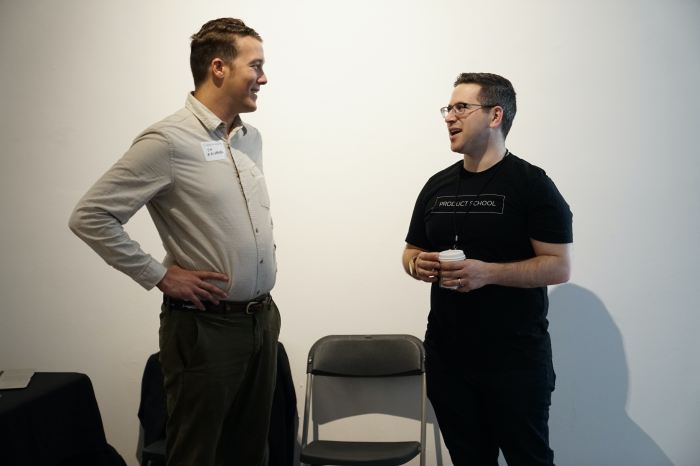Over the weekend, I was reading my notes and came across the subject (written in 2019 when finalising my thesis) and decided to write a quick short blurb about this important topic.
There continue to be compelling arguments in the ongoing debate surrounding the superiority of theoretical knowledge over vocational knowledge (and vice versa). The decision between these knowledge types is not simple, as each offers distinct advantages and drawbacks. In this short article, I will briefly delve into the characteristics of both theoretical and vocational knowledge while exploring their unique qualities and contributions to personal and societal growth.
Theoretical Knowledge: Abstract Understanding and Academic Excellence
Theoretical knowledge encompasses the abstract and academic realms of learning. It is acquired through studying disciplines like philosophy, mathematics, and sciences, typically within formal educational settings or research environments. This type of knowledge is highly regarded for its ability to unravel complex systems and concepts, laying a foundation for further exploration and inquiry. The benefits of theoretical knowledge include but are not limited to the following:
- Critical Thinking: Theoretical knowledge encourages abstract thinking, fostering the ability to analyse and synthesise complex information.
- Conceptual Understanding: It provides insight into the underlying principles governing various phenomena, contributing to a deep understanding of the world.
- Research and Advancement: Theoretical knowledge fuels research and innovation, pushing the boundaries of human knowledge and discovery.
Vocational Knowledge: Practical Proficiency and Skill Application
Vocational knowledge is grounded in practical application within specific trades or professions. This knowledge is acquired through on-the-job training and hands-on experience. It equips individuals with the skills required to excel in particular tasks and roles, often proving vital for career progression. The advantages of vocational knowledge encompass but are not limited to the following:
- Hands-on Expertise: Vocational knowledge imparts practical skills, enabling individuals to perform tasks with precisely and efficiently.
- Employability: It enhances employability by equipping individuals with practical skills that directly align with job requirements.
- Real-world Problem Solving: Vocational knowledge empowers individuals to solve real-world challenges, contributing tangibly to personal and societal needs.
The Intersection: Hybridisation of Knowledge Types
Rather than a definitive answer to which knowledge type is superior, there’s an increasing recognition of the value of hybridising theoretical and vocational knowledge. This fusion acknowledges that an all-encompassing education benefits individuals and society alike. By blending abstract thinking with practical application, individuals become versatile and adaptable, capable of approaching challenges from multiple angles.
The Call for All-Around Education
The question arises: Should educational institutions prioritise this hybrid approach over favouring one knowledge type over the other? Embracing a balanced curriculum can produce well-rounded individuals who possess the ability to think critically, solve problems practically, and adapt to evolving scenarios. Such individuals are equipped to make meaningful contributions to both their personal growth and societal progress.
Conclusion
In the end, the superiority of theoretical or vocational knowledge depends on individual aspirations and inclinations. However, as we navigate an increasingly complex world, recognising the benefits of both knowledge types paves the way for a holistic educational approach. By embracing a hybrid model, we can foster individuals who are knowledgeable in theory and adept at applying their skills to real-world challenges, ultimately benefiting both themselves and society at large.
What are your thoughts on this matter? Please, feel free to share your perspective below.
Excerpts from ‘Knowledge and Creative Tension in the New Zealand University’ retrieved from http://hdl.handle.net/2292/51330
Feel free to share this post on social networks.
Follow my blog for more insightful articles: http://temitopeadelekan.com
Want to submit a blog post: Share a blog post
Twitter: @taymethorpenj
Brought to you by Temitope Adelekan
Edited by Temitope Adelekan

